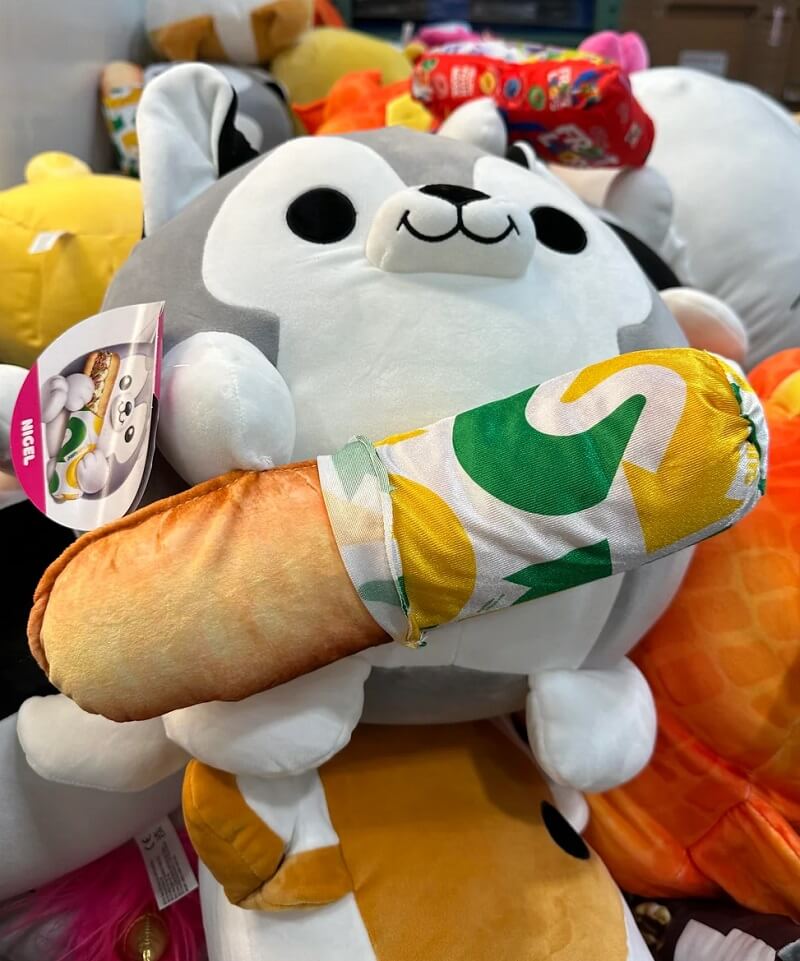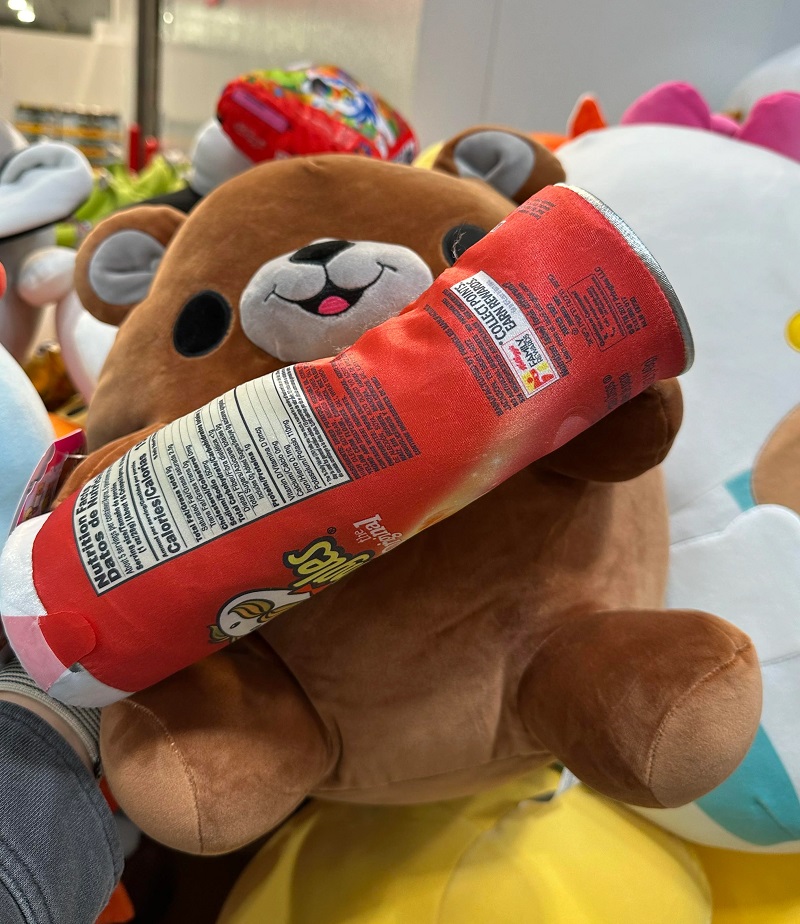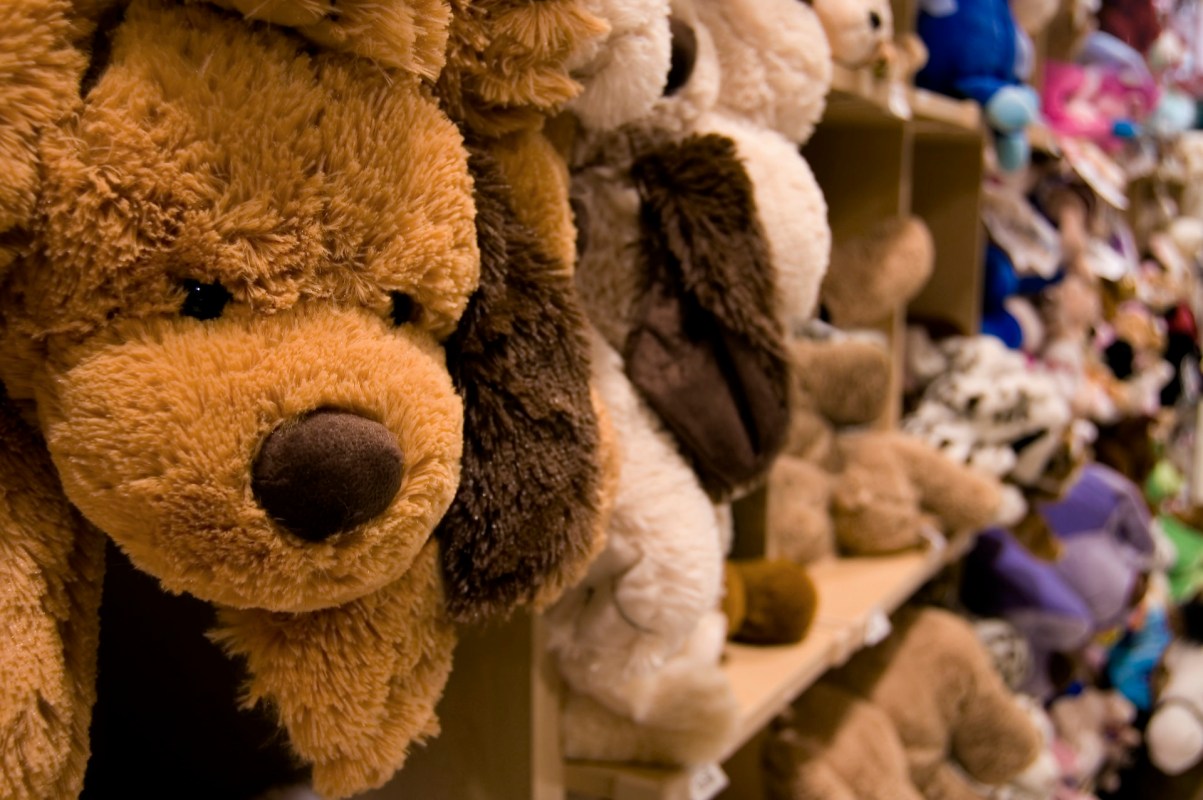One Redditor has railed against some hyperconsumerist toys.
"I was walking through Costco and I saw these stuffed animals holding a random assortment of branded food items," they said. "Literally getting people to buy fast food advertisements for their impressionable children."


The three photos showed a dog holding a Subway sandwich, a hippo holding a Cinnabon dessert, and a bear holding a can of Pringles. These plushies were from Zuru Toys, a company that makes the very popular Mini Brands toys. Mini Brands was launched in 2019 and took the internet by storm — The Strategist listed them as one of the hottest toys of 2021.
While most companies might keep their corruption of young minds on the down-low, Zuru appears proud of ushering in a new generation of consumers.
The toy company gave The Washington Post a statement, saying: "The toy category has such huge potential to influence the household shopper that consumer brands are becoming increasingly open to brand partnerships. Partnering with a toy brand allows consumer brands to access the household shopper through the most influential channel of all — their children!"
"Zuru said that companies don't pay directly for their brands to be included, but brands do earn royalties," the Post reported.
Advertising toys to children leads to tons of waste. "Unfortunately, 80% of all toys end up in landfills, incinerators, or the ocean," Fast Company wrote. "The toy industry uses 40 tonnes of plastic for every US$1 million it generates in revenue and has an excessive carbon footprint."
When the toys themselves are ads, it can contribute to the hyperconsumerist churn of wasteful products.
Studies have shown that children struggle to recognize advertisements on the internet. Including branded products in a toy may lead children to want that product without understanding who is responsible for that choice. If a child's favorite plush loves Pringles or Subway, will they ask a parent to buy those products?
While we likely can't shield children from all advertising and don't want to limit their imaginations, there are alternatives when it comes to toys. Some parents are getting creative — renting toys, thrifting toys, and choosing sustainable brands are all ways to reduce the environmental impact of playtime.
Redditors seemed fed up with this consumptive trend.
"Mm yes late stage capitalism and its finest," one person commented.
Someone else chimed in simply, "This is dystopian."
"The point is brand indoctrination as young as possible," another said.
Join our free newsletter for cool news and actionable info that makes it easy to help yourself while helping the planet.









